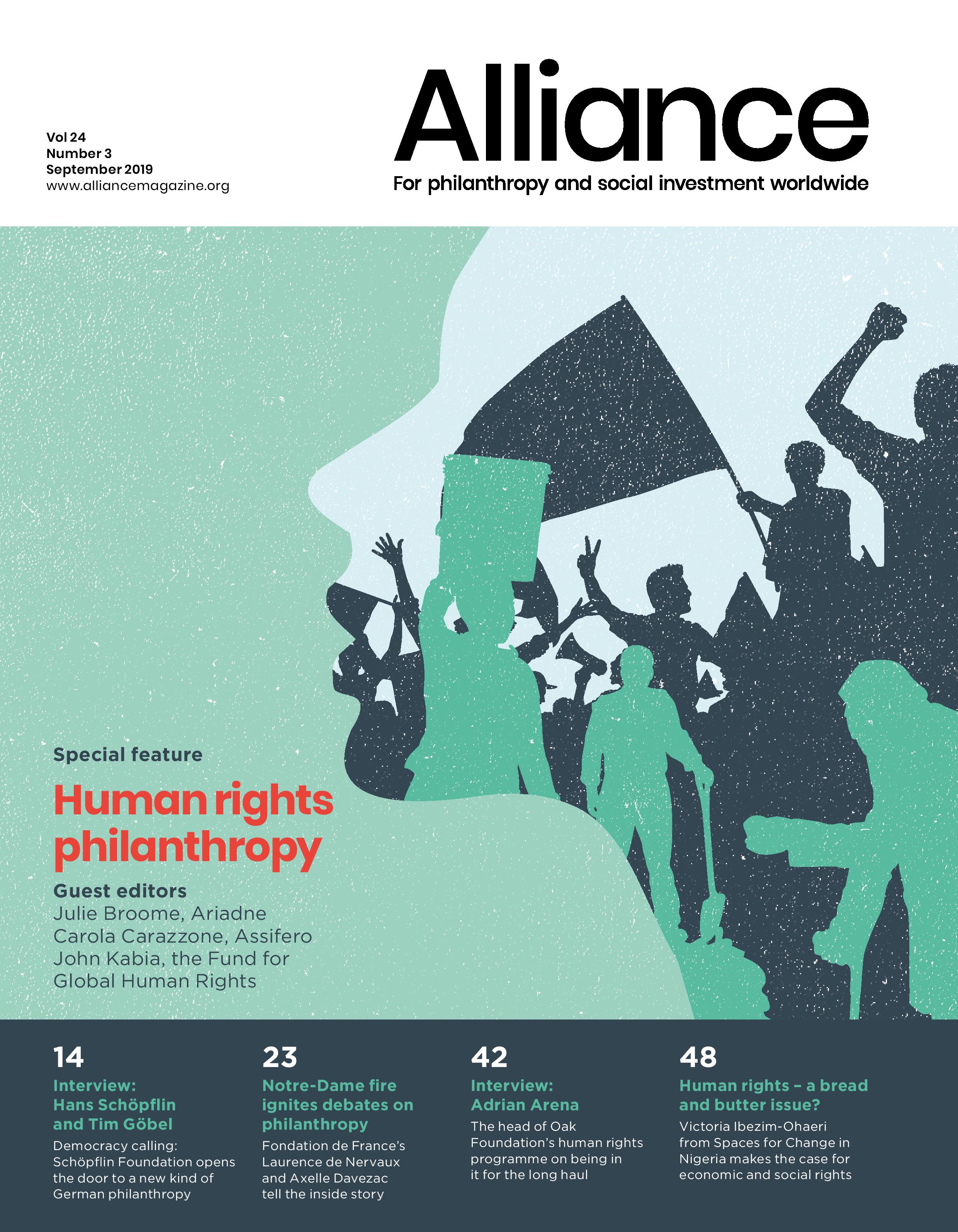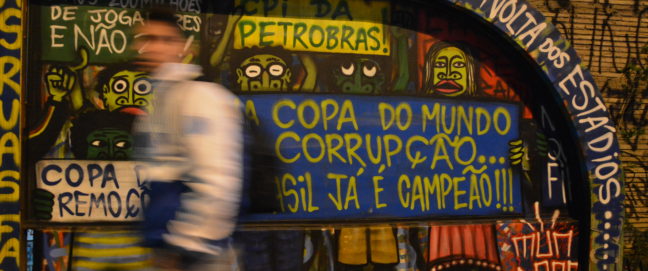Building movements is the key to supporting women’s rights across the continent and giving power to community activists
Founded in 2001, Urgent Action Fund-Africa (UAF-Africa) is a pan-African and feminist fund which uses a rapid-response grantmaking model to support unanticipated, time-sensitive, innovative and bold initiatives. These resources enable African women’s rights and gender justice activists, organisations and movements to seize windows of opportunity, fracture patriarchy, amplify their voices, enhance their visibility, and significantly influence policies and laws on the continent. With a staff presence in Kenya, Uganda, Burundi, Egypt, Ethiopia, Nigeria, Cameroon and Zimbabwe, its reach and effectiveness is likewise enhanced by a network of over 120 activist advisers across Africa.
UAF-Africa’s activist character means that movement building is at the core of our work. Our close proximity to local constituencies gives us the agility to use rapid response grantmaking to strengthen movement building efforts.
But why do we adopt this approach?
For UAF-Africa, movement building and strengthening re-politicises social transformation and connects multi-faceted interventions to grassroots organising. This way, feminist movement building ignites, gives meaning and spotlights the collective power of women, girls and gender non-conforming communities who are often pathologised as victims and least powerful to exercise their agency. They do so in forms that may seem disconnected, but ultimately are cumulative and get galvanised towards a shift in consciousness that is conducive for women’s rights and gender justice to be realised.
Movement building strategies look different in each setting and require active communities, institutional arrangements and often the right political moment.
Movement building and strengthening requires active analysis of lessons and trends from the fund’s grantmaking and advocacy and alliance-building programmes. A 2018 internal analysis found that contributing to building stronger movements was the highest outcome area in 2016 and 2017. In 2016, for example, 43 per cent of all outcomes were related to the strengthening of women’s rights and gender justice movements and a more vibrant civil society; in 2017, the corresponding figure was 55 per cent.
Grantmaking in action
Examples of the fund’s grantmaking include support to the #Thetotalshutdown movement in South Africa in July 2018, where activists sought to protest the rising rate of femicide and gender-based violence in South Africa. Similarly, the fund’s support to the Women’s Protest Working Group in Uganda in June 2018 enabled hundreds of protesters to march through the streets of Uganda’s capital demanding police action to stop a spate of kidnappings and murders of women that had gripped the country.
Inter-movement collaborations and transnational solidarity remain key building blocks for investing in the complex nature of movement building.
UAF-Africa supported women’s human rights defenders (WHRDs) in Sudan with economic hardships sparked by the rise in the cost of food and fuel in December 2018 and ultimately held protests which saw the ousting of President Omar Bashir in April 2019. In November 2018, Kenya imposed a ban on Marie Stopes offering abortion care, at the same time as public debates on teenage pregnancies were placing the burden of chastity on women and girls rather than on the need for appropriate sexuality education in schools. The trend of controlling women’s bodies is accompanied by threats to gender non-conforming people. Consequently, UAF-Africa supported strategic litigation against colonial penal codes that criminalise homosexuality. In Kenya, Cameroon and Malawi, strategic litigation by LGBTQ organisers demonstrates human rights defenders pushing back in the face of state-led gender repression.
Giving voice to the unheard
UAF-Africa’s support of women’s rights groups has helped women to share experiences of sexual violence through social media, such as the HarassMap platform, launched in Egypt. This has kept international attention focused on events that have slipped off the news agenda, such as the #BringBackOurGirls campaign, launched in 2014 after the abduction of more than 300 schoolgirls in Chibok, Nigeria.
Lessons learned
Movement building does not just happen, a theory of change is not enough to compel social change. It is critical to consider the processes needed to unpick the assumptions and ask what it means to build socially inclusive, just and accountable movements. Movement building strategies look different in each setting and require active communities, institutional arrangements and often the right political moment. At a time of shrinking spaces and attacks on WHRDs, it’s important to prioritise holistic security, safety, self and collective care and wellbeing.
Technology and the arts allow young activists and artivists to engage in new ways of organising and communicating. However, there are access and cost inequalities involved, as well as potential threats of surveillance and safety concerns.
Inter-movement collaborations and transnational solidarity remain key building blocks for investing in the complex nature of movement building. It has the net effect of leveraging collective action across sectors, issues and actors.
Movement building and strengthening is not a straightforward affair. However, whilst managing the different rhythms, and navigating in big and small ways the conundrum of challenges, and opportunities – it catalyses the real work of building women’s, girls’ and gender non-conforming communities’ collective power to happen.
Ndana Bofu-Tawamba is executive director of Urgent Action Fund-Africa.
Email: ndana@uafafrica.org
Twitter: @NdanaTawamba








Comments (0)